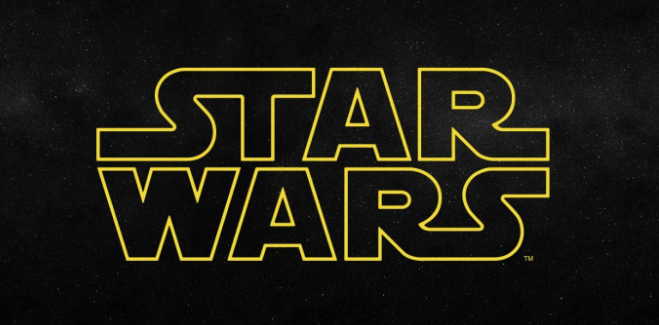Via Unboundworlds.com:
I’ve been a geek as long as I can remember. I watched old “Star Trek” reruns with my father. I collected Transformers and sat fixated in front of the cartoons. I read L’Engle and Lewis and the old Fantastic Four comics my parents had in the basement. I loved it all, but it wasn’t until Star Wars that I truly felt like I’d escaped the real world and entered a new one.
Too many people use “escapist” as an insult. Sometimes it’s a dig against an entire genre. Science fiction and fantasy have certainly been on the receiving end of this disdain, but we’re not alone. Just look at the derogatory attitudes and comments toward romance novels. Sometimes the dismissiveness is about individual books—I’ve seen it directed at my own, as well as many others. And sometimes it’s just a general, overall sense of condescension toward stories that aren’t “deep” and “meaningful” enough. Toward the stories, and toward those of us who lose ourselves in them.
Escape is a powerful thing. As a child playing with neighborhood kids, it was a chance to snatch up my friend’s cheap plastic lightsaber and become someone else. I was a hero. I was powerful. At night, I would lay in bed searching for the peace and calm that would put me in touch with the Force, that would let me reach out and summon one of the toys from my shelf to my hand. Little moments, like walking through the automatic doors at the grocery store, were chances to wave a hand and feel that power.
I’d be lying if I said I don’t still twitch my fingers as I approach the elevator at work, hoping for that coincidence of timing to make me feel like a Jedi again.It helped me to find wonder, and to see a universe that was so much larger, so full of possibility.
It wasn’t about running away. My childhood had its ups and downs, but in general, I wasn’t trying to escape some horrible, traumatic life. It was about the opportunity to be more. About wonder and imagination and possibility. It was learning to escape the limits of the everyday world.
Life got darker for a while in my late 30s, and I was eventually diagnosed with depression. It’s a nasty disease, tricky and deceitful, casting darkness over everything in your life, tainting it all with the taste of ash.
Escape became more important than ever, and Star Wars was one of those escapes. For a few hours, I could lose myself in grand battles and flashing lightsabers, in sacrifice and loyalty and love and hope. It didn’t cure the depression, of course, but it was a way to catch my breath, to brace myself for tomorrow.
One of the biggest honors of my life has been hearing from readers who talked about how my own books filled the role Star Wars played for me, helping them to escape the darkness.
Escapism isn’t weakness. Often, it’s quite the opposite.
At the beginning of “The Empire Strikes Back,” Luke Skywalker escapes Darth Vader’s attack on the rebels’ Hoth base. Later, Luke willingly flies to Bespin to confront Vader. That may not have been the wisest move, as Luke gets his butt thoroughly handed to him before escaping again. But each time he escapes, he returns stronger. Escape gives him the chance to find new strength and hope.
This is the power of escapism. This is what Star Wars always did for me. It recharged my sense of wonder. It helped me catch my breath and renew my sense of hope. It helped me to find wonder, and to see a universe that was so much larger, so full of possibility. And it helped me to survive the darker times.
This is the power of Star Wars.

